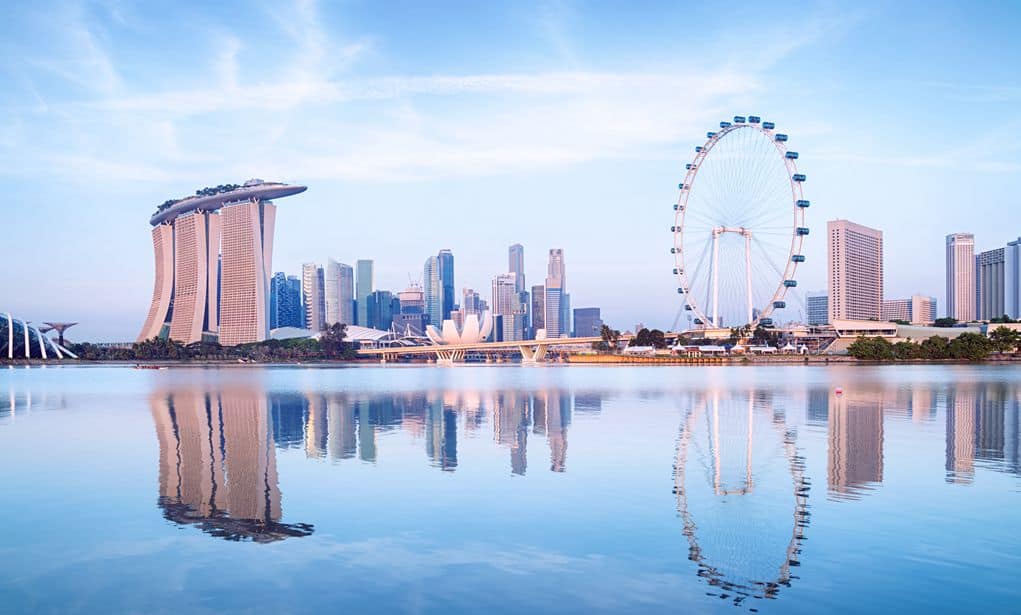
The Goods and Services Tax (GST) is a broad-based consumption tax levied on nearly all the supplies of services and goods in Singapore. In other countries, this is usually referred to as Value Added Tax (VAT).
After its Singapore company incorporation, the business is mandated to be GST registered when its annual taxable turnover exceeds $1,000,000. Conversely, companies with an annual taxable turnover of less than S1,000,000 are not required to register for GST but may do so voluntarily. To contribute to Singapore’s business-friendly environment, the government has devised a number of GST assistance schemes aimed at helping alleviate the cash flow of businesses in the city-state.
Major Exporter Scheme (MES) This scheme is for registered companies that are major exporters of goods in Singapore. These companies can defer GST payments for imported goods that are principally for re-export to other countries. The MES status is given to qualified exporter for a period of three (3) years. Under the MES status, qualified exporters in Singapore are no longer required to pay GST on goods they import. The GST only applies once these businesses sell their goods in Singapore. This eases the cash flow and business operation. Without the MES, exporters must first pay GST for imported goods after which they can claim it back from IRAS. Savings on GST is dependent on the companies’ volume of imports.
Licensed Warehouse Scheme Wholesalers, Distributors, Manufacturers and Private Warehouse Operators may transform their warehouses to licensed warehouses to be able to house goods that are dutiable. These goods include petroleum products, intoxicating liquor, motor vehicles and tobacco products. Through this scheme, the GST is suspended until such time that these goods are marketed for consumption in the Republic. The licensees are bound to comply with a certain set of responsibilities including the provision of ample security in the warehouse. To ensure compliance, Singapore Customs authorities may perform periodic audits in random licensed warehouses.
Zero GST Warehouse Scheme This scheme is formulated to bypass the process of GST and diminish red tape. It allows businesses to convert their regular warehouses to zero GST warehouses. To qualify, the applying business must be registered in IRAS and SC, and do not have any records of non-compliance records from both the agency. The company must also apply for a license from Singapore Customs to turn your ordinary warehouses into Zero GST warehouses. Similar to the Limited Warehouse Scheme, goods in a Zero GST warehouses are not taxed unless it penetrates the local market.
Richmond offers competitive accounting and tax services to business in Singapore. Our GST services aim to help make the process of registration, compliance and filing more convenient. Contact one of our experienced accountant-consultants for a discussion.







